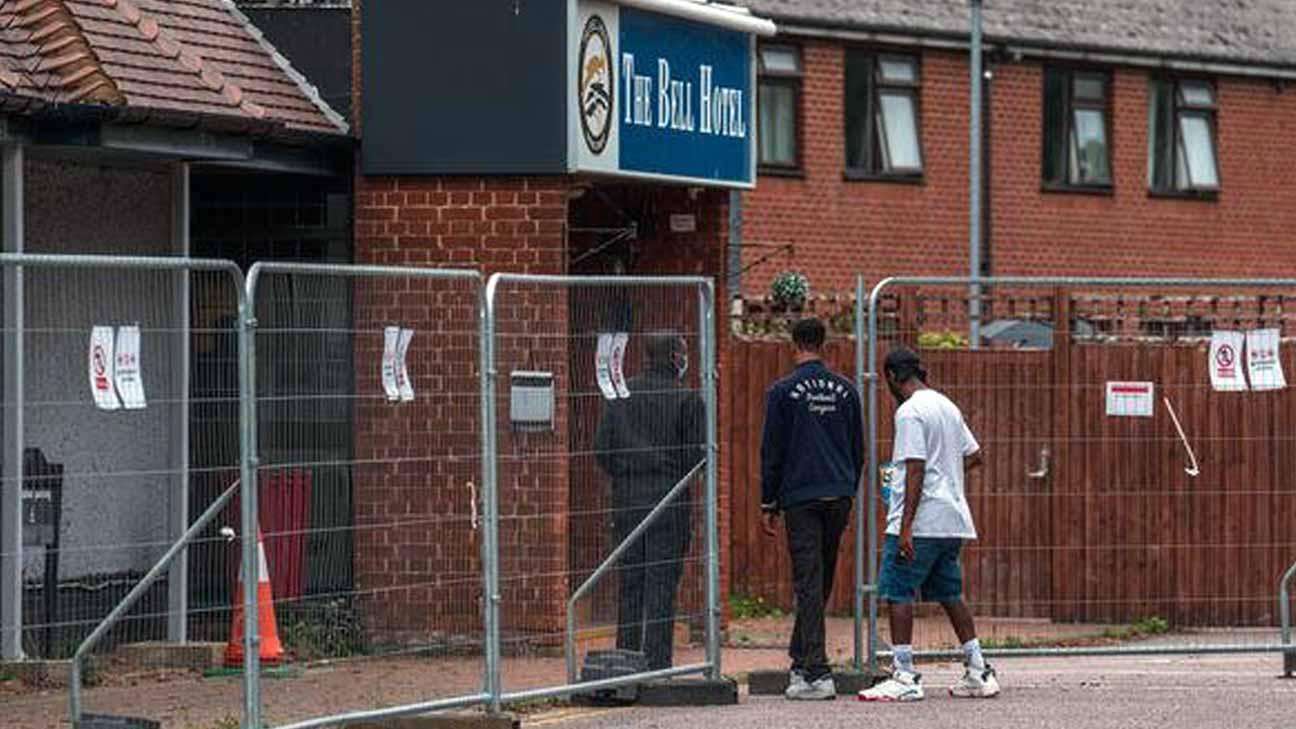A London woman, identified only as Kelly, is spearheading a legal challenge against the British government after being denied compensation for a sexual assault she endured on a flight to the UK. The case has brought to light a significant gap in the Criminal Injuries Compensation (CIC) Scheme, a program designed to provide financial support to victims of violent crime.
The assault occurred in September of last year while Kelly, in her 20s, was sleeping on a Qatar Airways flight from Doha to London's Gatwick Airport. The perpetrator, 66-year-old Momade Jussab of Feltham, was arrested upon landing. He was later convicted and sentenced to six-and-a-half years in prison at Lewes Crown Court in May, found guilty of one count of sexual assault by penetration and two counts of sexual assault.
Despite the crime being prosecuted and the offender jailed by British authorities, Kelly was informed that she is ineligible for compensation under the CIC Scheme because the flight was not registered in the United Kingdom.
What is the Criminal Injuries Compensation Scheme?
The Criminal Injuries Compensation Scheme is a government-funded program managed by the Criminal Injuries Compensation Authority (CICA). It provides a financial safety net for victims of violent crime in Great Britain. The scheme offers payments based on a tariff of injuries, with more severe injuries receiving a higher level of compensation. To be eligible, the victim must have sustained an injury that is a direct result of a crime of violence, and the incident must have occurred in England, Scotland, or Wales, or on a British-registered vessel or aircraft. The scheme does not consider the attacker's ability to pay; instead, it provides a payment directly to the victim. The rules for the scheme are set by Parliament and are intended to provide a measure of recognition and support to those who have been harmed by criminal acts.
A Legal Loophole and Call for Change
Kelly's legal team at Leigh Day is arguing that this exclusion is illogical and unfair. They point out that while the Civil Aviation Act was amended in 1996 to allow for the prosecution of crimes committed on foreign-registered aircraft bound for the UK, the rules of the compensation scheme were never updated to match. This discrepancy has created a legal loophole that leaves victims like Kelly without the support they are entitled to.
"I do not understand why I, and other victims like me, have been excluded from the CIC Scheme," Kelly said in a statement. "I was attacked on a flight en route to the UK, I am a UK citizen, and this crime was investigated and prosecuted by British authorities. I should be entitled to compensation." She added that she is "still suffering with the effects of the attack" and hopes to move forward with her life.
In a letter to Justice Secretary Shabana Mahmood, Leigh Day solicitor Claire Powell urged the government to close this gap in the law. "It is a gap that needs closing urgently," Powell stated, adding that this is especially important "in light of this Government’s commitment to addressing violence against women and girls."
A Ministry of Justice spokesperson responded, stating that the rules of the scheme are "set by Parliament" and that "other routes are available for victims to receive support." However, this does little to address the core issue of why a crime prosecuted under UK law should not be covered by a UK compensation scheme. The case is now at a critical juncture, and the outcome could have significant implications for future victims of crimes committed on international transport with a UK connection. The call for an updated and more comprehensive compensation framework is gaining momentum, placing pressure on the government to act.




_1.jpg)


.svg)
